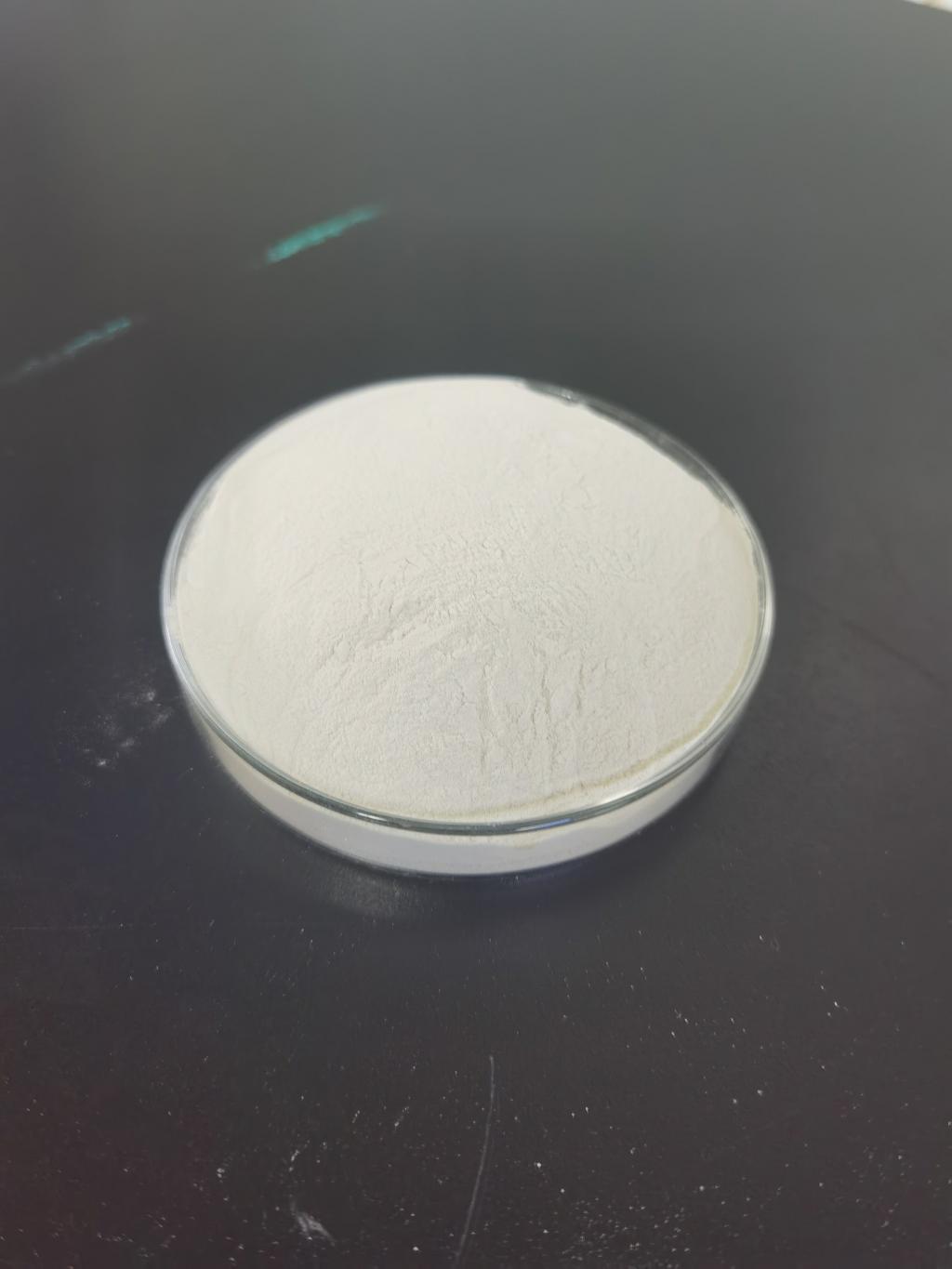Tel:+8618231198596

News
 CONTACT
CONTACT
 CONTACT
CONTACT
- Linkman:Linda Yao
- Tel: +8618231198596
- Email:linda.yao@dcpharma.cn
- Linkman:CHARLES.WANG
- Department:Overseas
- Tel: 0086 0311-85537378 0086 0311-85539701
News
Nisin and Beyond: Exploring Nature's Toolbox for Food Safety
TIME:2024-01-19
I. Nisin: Nature's Antimicrobial Sentinel
Discovery and Origin:
Nisin was first discovered in the early 20th century in fermented milk products, where certain strains of lactic acid bacteria, notably Lactococcus lactis, produced this antimicrobial peptide. The peptide's natural origin aligns with the current trend of clean and natural label preferences among consumers.
Mechanism of Action:
Understanding how nisin works is fundamental to appreciating its potential. Nisin acts by disrupting bacterial cell membranes, leading to leakage of intracellular contents and eventually cell death. Its broad-spectrum activity against Gram-positive bacteria, including foodborne pathogens, makes it a versatile tool for improving food safety.
II. Nisin's Applications in Traditional Foods:
Dairy Products:
Nisin has been a stalwart in preserving dairy products, such as cheeses and yogurts, for decades. Its efficacy in inhibiting spoilage and pathogenic bacteria has contributed to the extension of shelf life and maintenance of product quality, addressing concerns associated with dairy product safety.
Meat and Poultry:
In the meat industry, nisin has proven effective in controlling the growth of bacteria that can lead to spoilage and foodborne illnesses. The incorporation of nisin into meat products not only enhances safety but also contributes to texture and flavor improvements.
III. Beyond Nisin: Exploring Nature's Toolbox
Bacteriocins:
Bacteriocins, a family of antimicrobial peptides produced by bacteria, extend beyond nisin. Diverse bacteriocins exhibit unique antimicrobial activities, providing a rich source of natural compounds for enhancing food safety. Researchers are delving into the exploration of bacteriocins from various sources to identify novel candidates for food preservation.
Plant-Derived Compounds:
Beyond microbial sources, plants offer a plethora of bioactive compounds with antimicrobial properties. Essential oils, polyphenols, and flavonoids derived from plants have demonstrated efficacy against spoilage and pathogenic microorganisms, opening avenues for the development of plant-based antimicrobials.
IV. Challenges and Considerations:
Regulatory Hurdles:
While natural antimicrobials offer significant promise, navigating regulatory frameworks remains a challenge. Establishing safety and efficacy, standardizing extraction methods, and obtaining regulatory approvals are critical steps in bringing these natural solutions to the market.
Synergy and Combinations:
Unlocking the full potential of nature's toolbox may involve exploring the synergy of different antimicrobial compounds. Combinations of natural preservatives could offer enhanced efficacy while minimizing potential drawbacks such as off-flavors or resistance development.
V. Future Prospects and Sustainability:
Biotechnological Advances:
Advances in biotechnology, including genetic engineering and synthetic biology, open new frontiers for enhancing the production and effectiveness of natural antimicrobials. Tailoring these compounds for specific applications could revolutionize food safety practices.
Sustainability in Food Preservation:
Nature's toolbox not only provides effective solutions but also aligns with the growing emphasis on sustainability. Utilizing natural antimicrobials reduces reliance on synthetic additives, contributing to eco-friendly and socially responsible food production practices.
VI. Conclusion:
As we journey into a future where food safety is of paramount importance, the exploration of nature's toolbox, with nisin as a pioneering example, holds immense promise. The integration of natural antimicrobials not only addresses safety concerns but also aligns with the evolving preferences of consumers for clean, sustainable, and minimally processed food. Research, collaboration, and a holistic approach that embraces the diversity of nature's offerings will undoubtedly shape the future of food safety in a way that is both effective and environmentally conscious.
- Tel:+8618231198596
- Whatsapp:18231198596
- Chat With Skype







